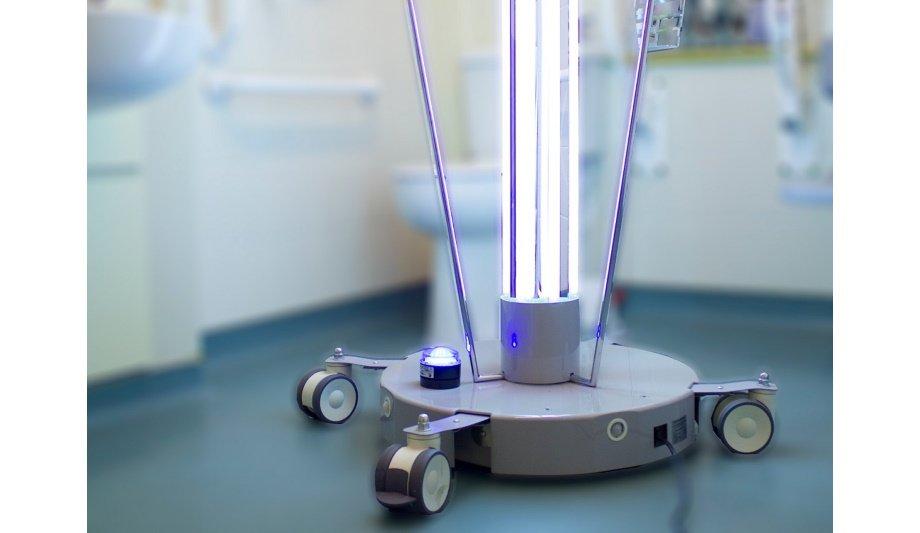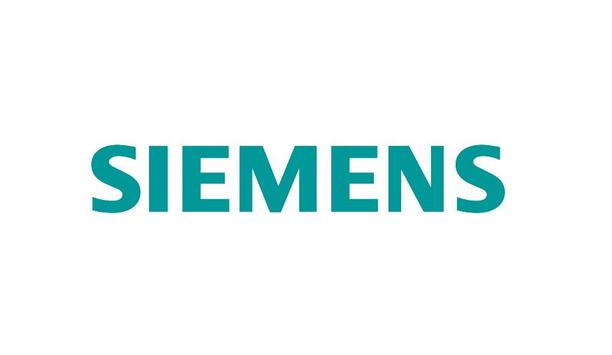CP Electronics’ miniature presence detectors have been incorporated into a state-of-the-art disinfection device from Amity International, in order to make hospital wards safer from COVID-19.
Amity International is a specialist disinfectants manufacturer, with an excellent reputation for product innovation, including the AIRDECON UVC that kills micro-organisms using the power of UVC light, thereby providing fast disinfection and minimal room downtime.
EBMHS miniature presence detectors
The sensors provide occupancy status as an open-collector switching output
Amity International was looking for a sensor that is small enough to fit into the revolutionary AIRDECON UVC device, without the need for any changes to the design. CP Electronics advised Amity International that the EBMHS miniature presence detectors would be perfect for their requirements due not only to their compact proportions but also their superior detection performance.
The sensors provide occupancy status as an open-collector switching output and provide an excellent detection range of up to 7 meters forward detection and up to 8 meters each way.
Installed alongside mini presence detectors
To ensure the safety of patients and staff within the hospital, the device is installed with four CP Electronics’ mini presence detectors that shut down the UVC emissions, if any movement is detected. A light and buzzer give further signals to ensure that the occupant is aware that the UVC device is deployed in the room.
The use of CP Electronics occupancy sensors allows this powerful device to do its job safely and reliably, and by accurately detecting any human presence, the possibility of human exposure to harmful UV emissions is greatly minimized.
Protecting hospital staff and patients from UV exposure
Stephen Byrne, the Technical Manager at Amity International, commented “By incorporating CP Electronics’ PIR sensors into our AIRDECON UVC systems, we can confidently operate these powerful systems in a busy hospital environment and have peace of mind that the staff and patients are protected from accidental UV exposure.”







